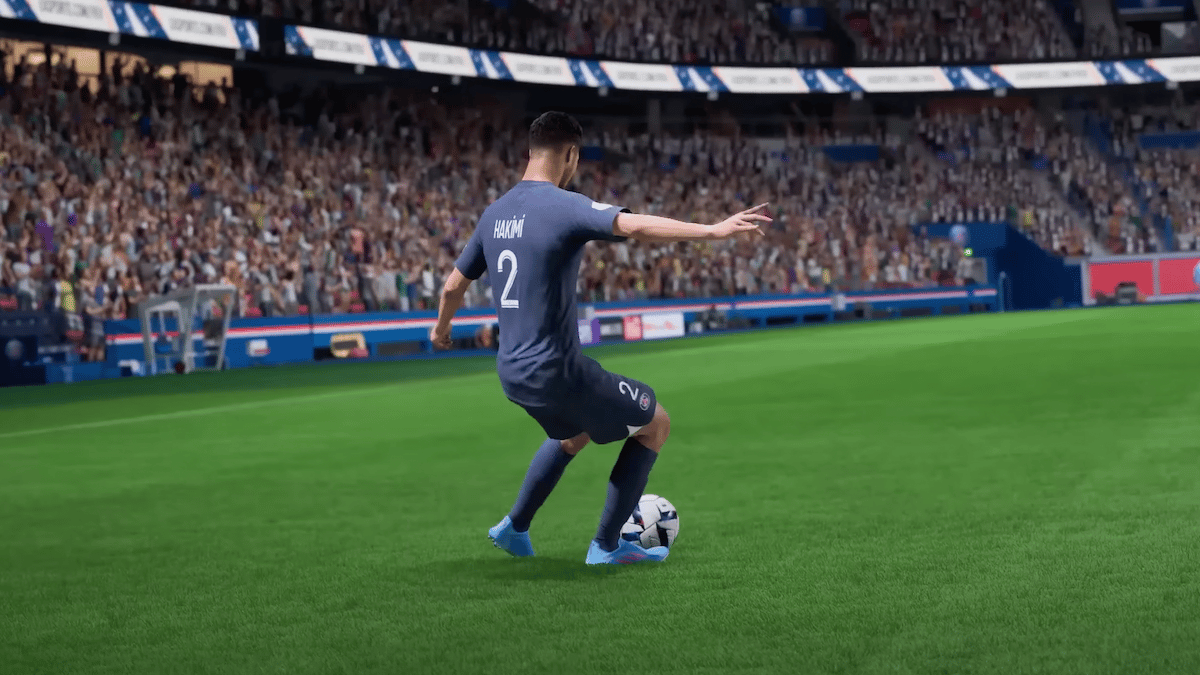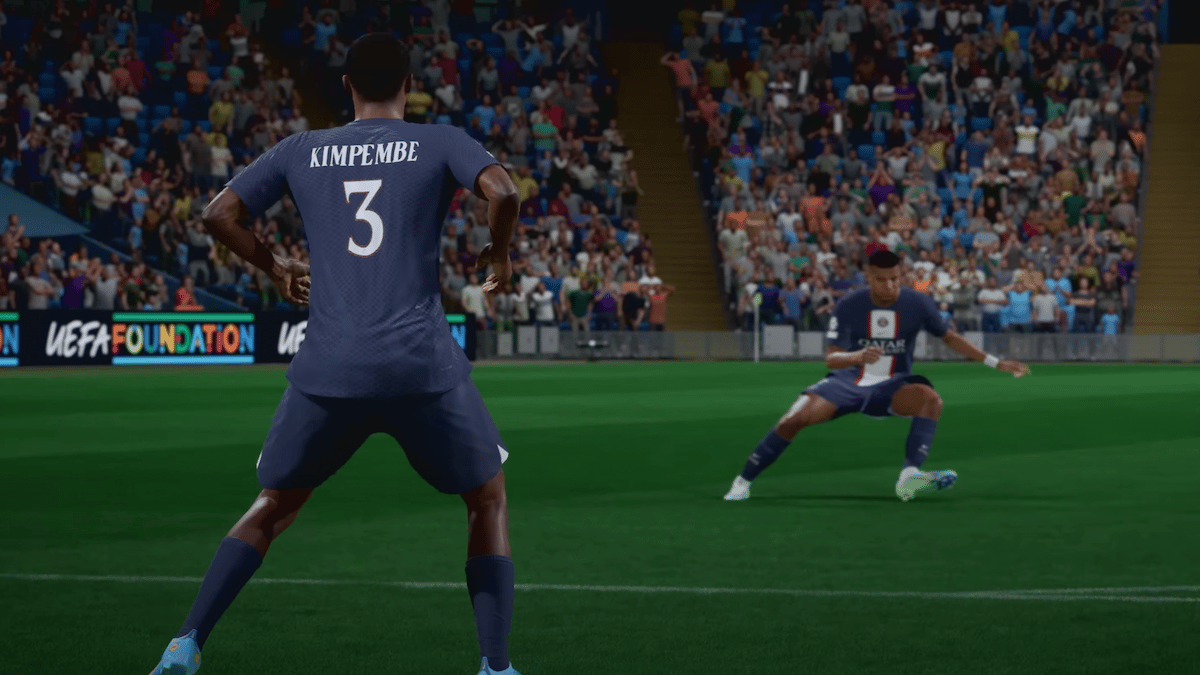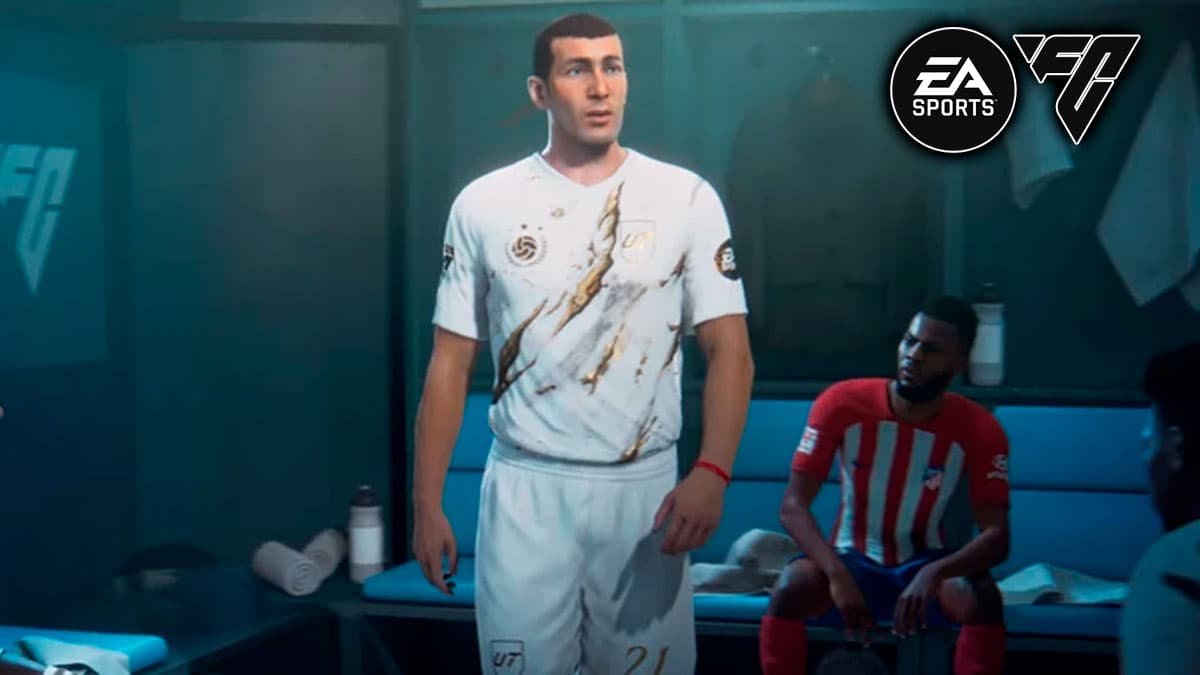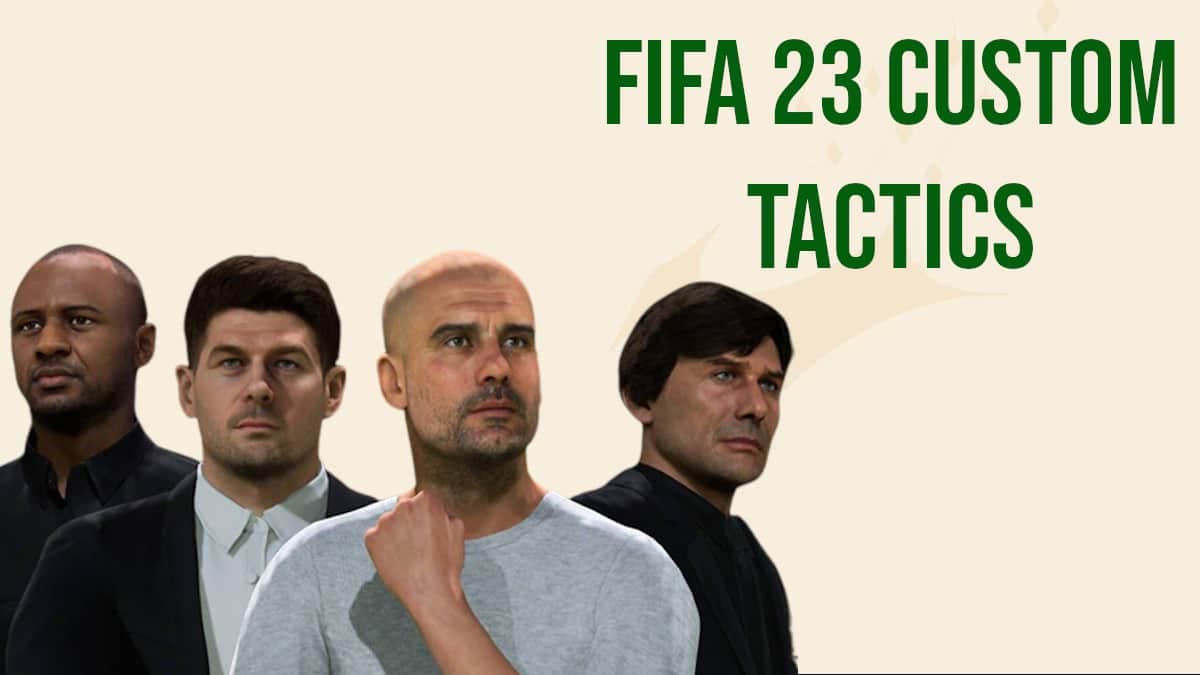FIFA 23 Chemistry explained: FUT position changes & more
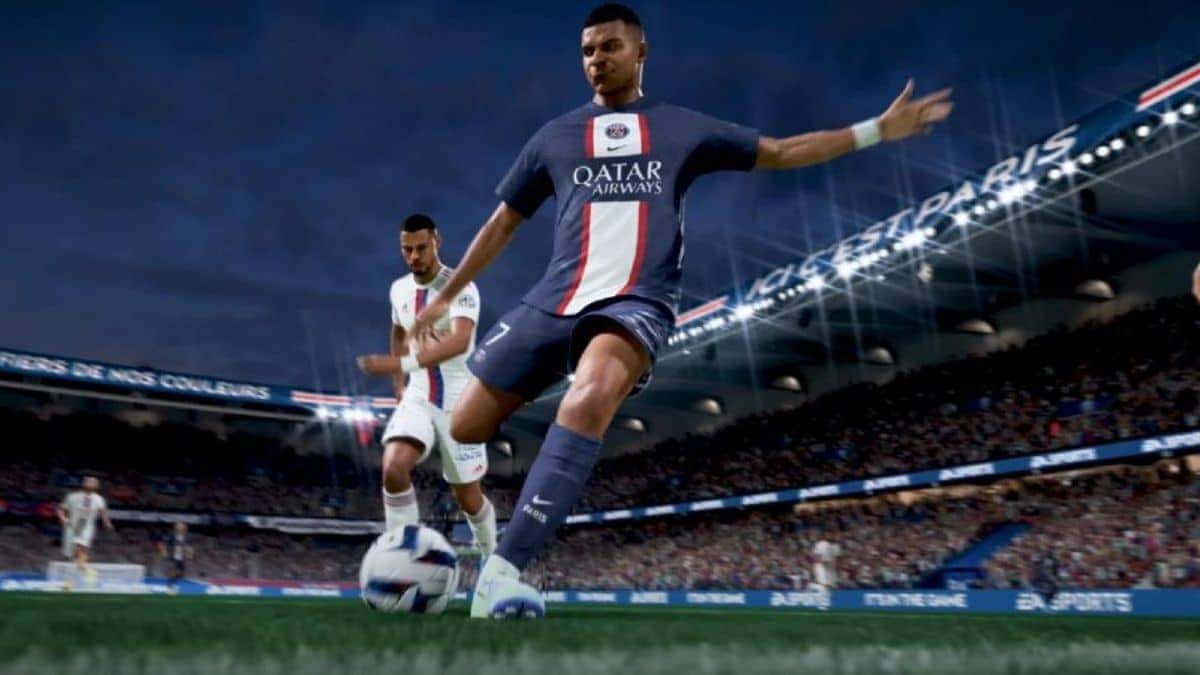
FIFA 23 Chemistry has been overhauled in a major way, fundamentally changing how FUT fans build their Ultimate Team. Here’s everything you need to know about Chemistry in FIFA 23, from the new position changes to how it impacts player stats.
Players are starting to get their hands on FIFA 23, and football fans are chomping at the bit to see what EA has up its sleeve. As this is the last game in the series before it’s rebranded as EA Sports FC, expectations are higher than ever.
On the pitch, HyperMotion 2 is set to make the gameplay feel smoother than ever before and Career Mode is also being revamped, but FIFA 23 Ultimate Team will no doubt be the major talking point once again.
Chemistry has always been a core part of the FUT experience, as it affects which stars can slot into the same team and work together in harmony. In FIFA 23, Chemistry has been totally reworked, and we’ve broken down all the changes you need to know about.
FIFA 23 Chemistry explained
FIFA 23 does away with the Chemistry system we’ve seen for more than a decade, replacing it with a more forgiving approach that makes building teams more flexible. Players no longer receive links from the teammates next to them in the formation but from any of the starting 11 who share a league, nation, or club with them.
For example, in previous years, the goalkeeper could only link to the center-backs, so you had to make sure you picked your defenders with Chemistry in mind. In FIFA 23, having a goalkeeper and striker from the same nation will boost both of their respective Chemistry ratings.
A player and team’s Chemistry stats are shown by a diamond or dot rating out of three. Having more players who share attributes boosts their individual ratings, which in turn increases the Chemistry of the entire squad.
FUT Heroes and Icons still provide massive advantages when it comes to squad building, as they count as two players from their league and nation respectively.
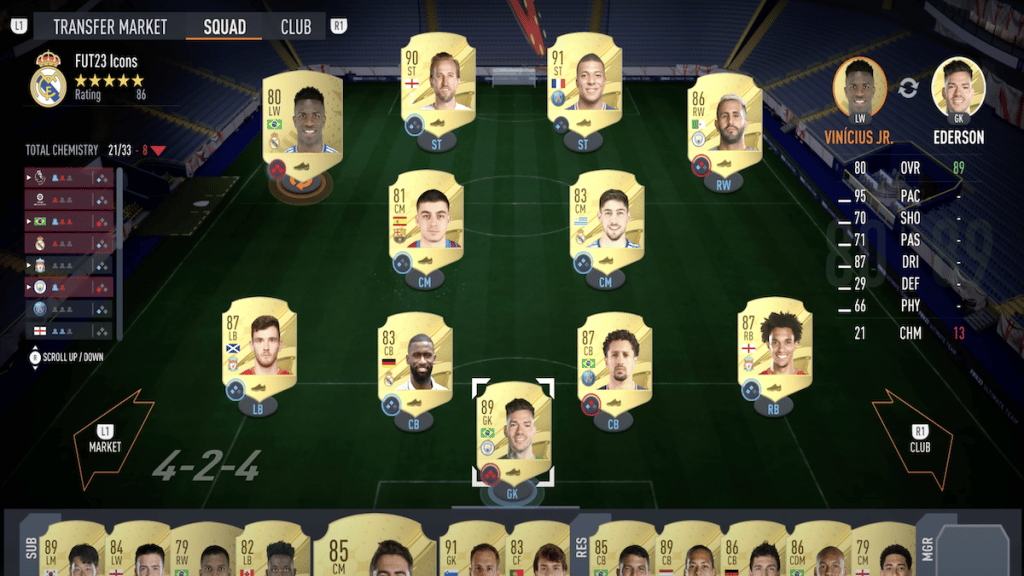
FIFA 23 position changes
Another key factor in earning Chemistry boosts in FIFA 23 is ensuring your stars are playing in the correct position. FUT managers will once again have the option to change a player’s position, but this has also been revamped in this year’s Ultimate Team.
Along with the position listed on their card, players will now be given alternate positions based on roles they’ve taken up in real life. For example, Kylian Mbappe, who starts as a striker, has two alternate positions at CF and LW.
These different roles can be unlocked with a position change modifier, which are found in packs or bought from the Ultimate Team Transfer Market.
Some may even have multiple different options, but using this item lets you pick the second position that suits your needs, rather than having to apply multiple consumables to move them up and down the pitch.
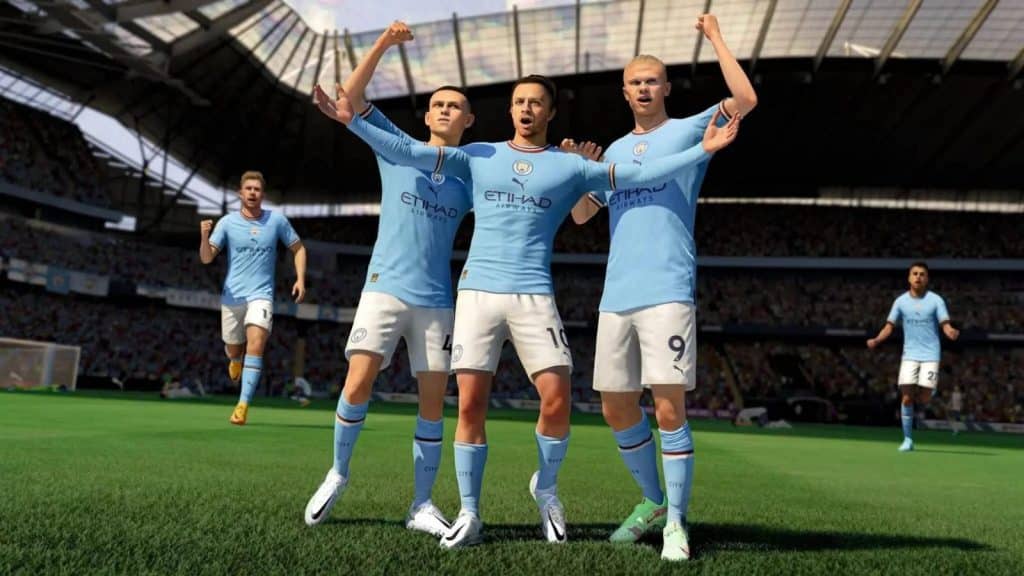
Does Chemistry matter in FIFA 23?
FIFA 23 Chemistry does offer stat boosts to players with a higher diamond rating, depending on how many of the starting 11 share a league or nation. However, there is no longer any penalty for having a player on zero Chemistry.
In the past, anyone with a low rating would see their in-game stats decrease, forcing FUT fans to plan their teams more carefully. However, in FIFA 23, even a player with no links and starting in the wrong position will still keep the stats listed on their cards at least.
The idea is to make FIFA 23 Ultimate Team more forgiving when it comes to crafting squads and to allow fans to try out new players without worrying about changing the rest of their team.
For more on FIFA 23, be sure to check out the best camera settings for Ultimate Team, or our TOTW 2 predictions.
Image credits: EA Sports
